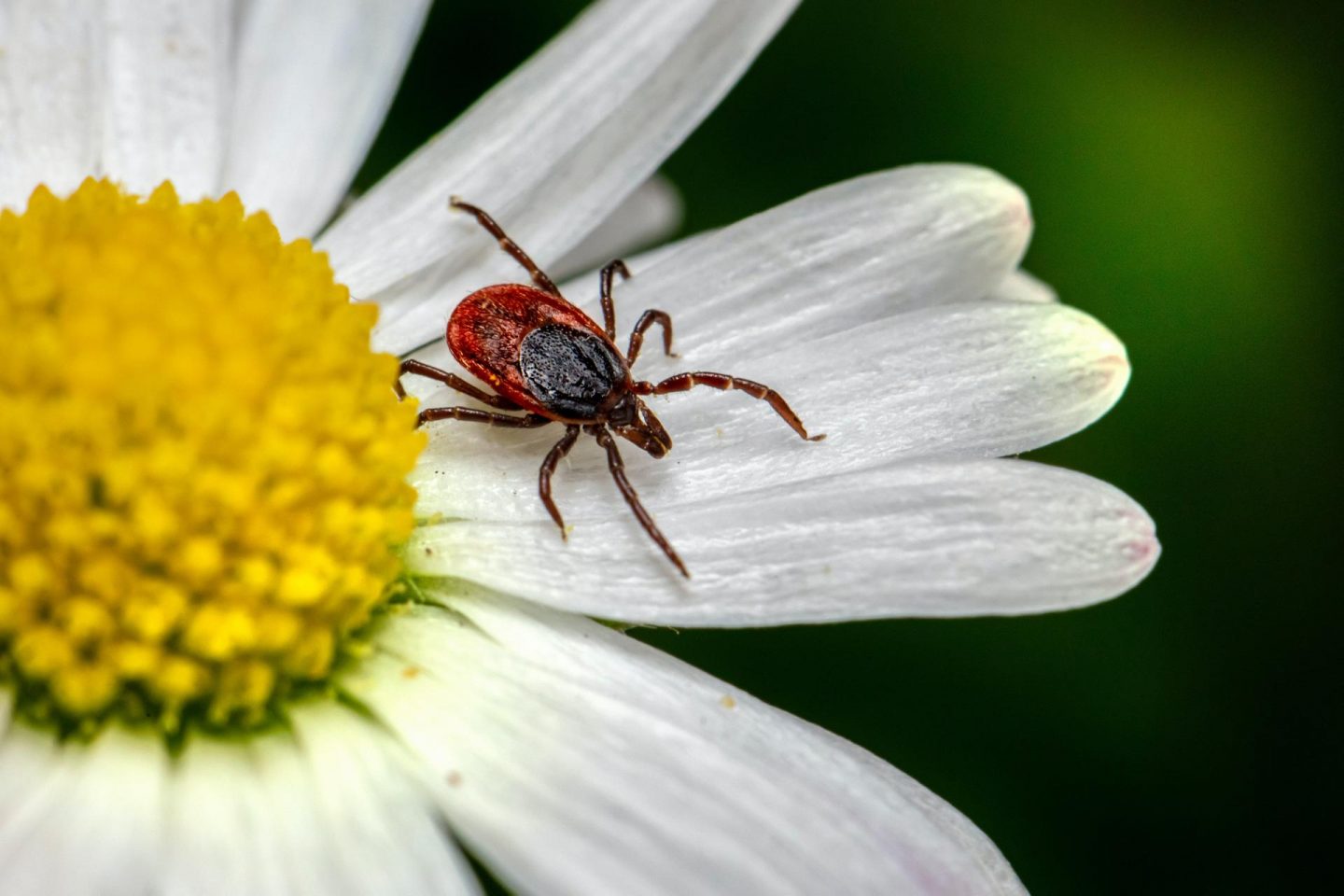
How to avoid insect bites and consider tick safety outdoors
The great outdoors is a glorious place to explore, but of all the creatures great and small you may encounter on a hiking holiday or a summer camping trip, the most irritating must be biting insects. Mosquitos, midges, ants, wasps, ticks and their pesky relatives can be at best, annoying – and at worst, downright dangerous. Tick safety outdoors is more important than ever as British ticks can now carry Lyme disease and other illnesses. Prevention is always better than cure – here’s how to stay bite free on your next adventure.

1, Cover up
While I do love wearing shorts in summer, I know that one effective way to stop insects being able to access your tasty flesh is by leaving less of it uncovered. Choose loose-fitting long trousers and sleeves when hiking, and pick longer socks and closed-toe boots or shoes so that your ankles aren’t exposed. Mosquitos find it a lot harder to pierce through cloth, and bugs that jump up from the ground, such as ticks, won’t find anything to latch onto. Don’t forget your head – a hat or bandana can go a long way to stop any bites on your scalp. Choose light colours rather than dark ones, as the latter are more attractive to insects, and avoid wearing aftershave or perfume.
2, Carry repellent
Cover any leftover exposed skin with a good insect repellent and reapply regularly. DEET offers the most effective protection, but can also irritate skin – it’s best used in places where insects may carry diseases. In milder climates, Picaridin-based repellents and citronella are both effective at keeping bites to a minimum. And if you encounter midges in Scotland, Smidge spray is a lifesaver.

3, Plan ahead
The weather and your location are also factors to consider. Most biting insects prefer warm, damp weather with no wind. Times of day when you’re likely to be bitten vary – some species are more active in the day, others, including the most common breeds of mosquitos, are more prevalent at dusk. You’re more likely to be bitten by stagnant water and in woodland, both of which are breeding grounds for biters. Even where you walk is important – take more care in long grass and on moorland, and stick to established paths.

4, Get netted
If you’re dealing with a hefty amount of insects, such as a swarm of midges on a mountain hike or lots of mosquitoes at night, netting is the best way to ensure full protection. Choose a head net if you’re out walking, and at night, sleep under full-body netting impregnated with repellent (taking care that none of your skin comes into contact with the netting). Note that midges are much smaller than most flying insects, and require a finer-gage netting to keep them at bay.
5, Treat bites effectively
If you do get bitten, apply an antihistamine cream to stop any itching. Tick bites are trickier to deal with – remove them with a tick remover tool or with tweezers, making sure you remove the head of the tick. Keep an eye on the bite, seeing a doctor if any kind of rash or red circle forms around the bite mark, if you experience flu-like symptoms or fatigue, or if you think the head of the tick may still be in your skin.